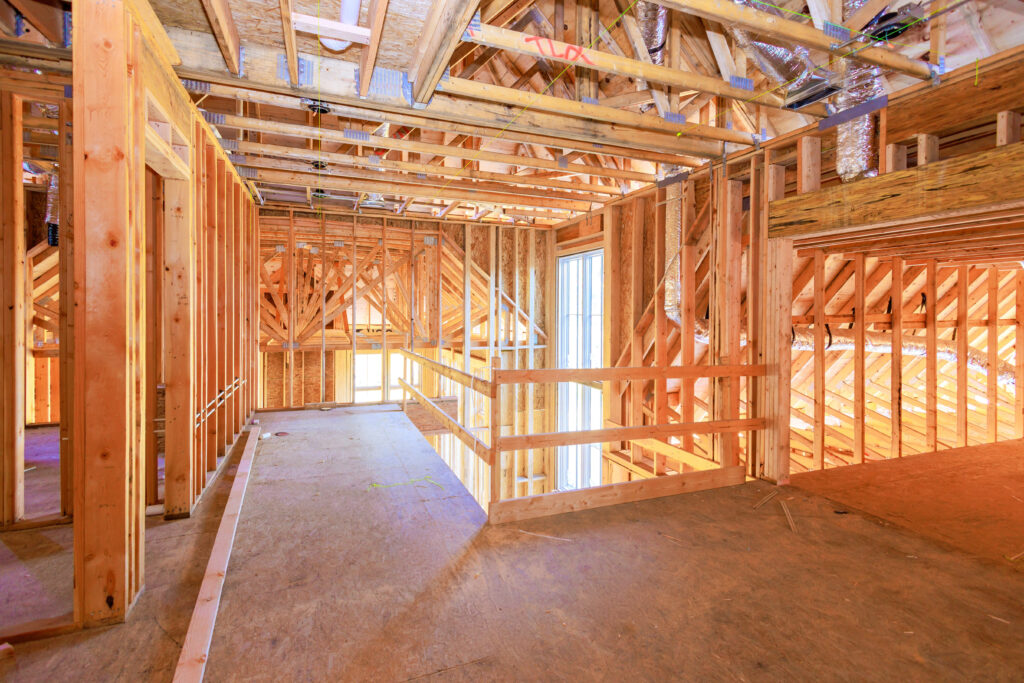Taking on a home improvement project without professional support may seem cost-effective, but the reality often proves otherwise. Many homeowners embark on do-it-yourself renovations with enthusiasm, only to encounter obstacles that drive up expenses and extend timelines. Unexpected challenges, lack of expertise, and improper planning frequently lead to frustrating and costly mistakes. A knowledgeable general contractor possesses the experience and technical insight necessary to oversee complex renovations, helping homeowners avoid setbacks that could drain their resources.
Common Challenges That Complicate DIY Home Renovations
DIY projects often become overwhelming due to various unforeseen factors. Homeowners may miscalculate material needs, lack the necessary skills, or inadvertently violate building codes. Using inadequate materials or disregarding structural integrity can result in safety hazards and expensive corrections. Research conducted by the National Association of Home Builders indicates that a significant percentage of DIY renovations require professional intervention to address major deficiencies.
- Limited expertise leads to avoidable mistakes and misjudgments.
- Inferior materials compromise durability and overall quality.
- Poor structural decisions may create hazardous conditions.
How a General Contractor Saves Time and Controls Costs
Managing a home renovation requires strategic coordination to prevent costly delays. General contractors possess the experience needed to streamline timelines, ensuring that each phase progresses efficiently. Their established relationships with suppliers also allow them to procure top-quality materials at reduced prices, helping homeowners achieve better results within their budget. Mismanaged DIY projects, in contrast, often lead to excessive spending due to unexpected errors and rework.
- Prevents scheduling conflicts and unexpected setbacks.
- Accesses superior materials at competitive rates.
- Oversees subcontractors to maintain smooth project execution.
How General Contractors Safeguard Against Structural and Safety Issues
Renovations that overlook essential structural elements may jeopardize both property stability and occupant safety. Regulatory codes exist to uphold construction integrity, yet homeowners often misinterpret these requirements. General contractors possess extensive knowledge of compliance standards, ensuring that all modifications meet industry regulations. Investing in professional oversight prevents major financial burdens and legal complications associated with improper work.
- Ensures all modifications adhere to strict safety standards.
- Protects property from long-term structural damage.
- Eliminates the need for expensive corrections due to failed inspections.
How a General Contractor Handles Permits and Oversees Subcontractors
Coordinating skilled professionals—such as electricians, plumbers, and carpenters—demands precise planning. A general contractor manages these specialized trades, ensuring each contributes seamlessly to the renovation. Navigating the permit process also presents challenges for homeowners unfamiliar with local regulations. General contractors handle permit applications and inspections, reducing stress while ensuring legal compliance.
- Organizes subcontractor schedules for efficient workflow.
- Secures essential permits and ensures regulatory approval.
- Reduces legal risks associated with unauthorized modifications.

Why DIY Renovations Can Diminish Property Value
Poorly executed renovations do not always enhance a home’s marketability. Potential buyers scrutinize workmanship, and visible flaws can deter interest. Homeowners who take shortcuts or fail to comply with codes may face difficulties when selling their property. A skilled general contractor delivers results that not only meet aesthetic expectations but also align with legal and industry standards, helping to maintain or even increase resale value.
- High-quality renovations contribute to strong market appeal.
- Substandard DIY work may lower property valuation.
- Code-compliant upgrades provide assurance to prospective buyers.
Why Professional Tools and Technical Expertise Matter in Home Remodeling
Attempting complex home improvements with inadequate tools and limited experience often results in subpar execution. General contractors utilize industry-grade equipment and specialized skills, ensuring precise craftsmanship. When DIY work requires multiple revisions, material waste and labor costs escalate quickly. Hiring a professional eliminates unnecessary expenses and produces superior results from the outset.
- Precision tools contribute to high-caliber finishes.
- Specialized knowledge minimizes errors and delays.
- Well-executed improvements ensure lasting durability.
How a General Contractor Provides Warranties and Legal Protections
Working with a general contractor includes the benefit of warranties and legally binding agreements. If defects or workmanship issues arise, contractor warranties cover necessary repairs, relieving homeowners from financial strain. Clearly defined contracts establish expectations, preventing disputes and ensuring accountability. These safeguards provide peace of mind, protecting homeowners from unexpected liabilities.
- Workmanship warranties secure financial protection against defects.
- Contractual agreements define clear responsibilities and expectations.
- Reduces homeowner exposure to legal risks tied to construction errors.
Essential Considerations When Hiring a General Contractor
Selecting a skilled general contractor protects both financial investments and project outcomes. Their expertise, professional connections, and commitment to quality minimize renovation stress while delivering superior craftsmanship. DIY projects may suit minor home repairs, but large-scale renovations demand the precision and oversight that only an experienced contractor can provide.

Key Insights on Hiring an Experienced General Contractor
- Prevent costly project missteps and inefficiencies.
- Ensure compliance with essential safety codes and construction regulations.
- Access high-quality materials and professional workmanship.
Frequently Asked Questions About General Contractors
- What expenses are associated with hiring a general contractor?
- General contractor fees typically range from 10-20% of the total project cost, depending on scope and complexity.
- How can I confirm a general contractor’s qualifications?
- Verify licensing through official state boards, request proof of insurance, read reputable client reviews, and check professional references.
- Can a general contractor contribute to project design?
- Many contractors collaborate with architects and designers, offering structural insights that enhance project feasibility and execution.
- What critical elements should be included in a contractor agreement?
- A comprehensive contract should outline project details, estimated timelines, payment schedules, material specifications, and warranty provisions.
- How do general contractors handle unexpected complications during renovations?
- Contractors issue change orders to document necessary modifications, detailing additional costs and revised completion schedules when unforeseen issues arise.











